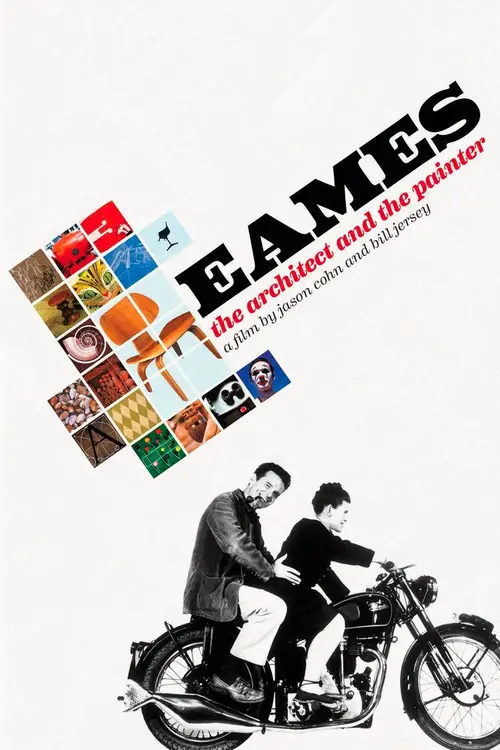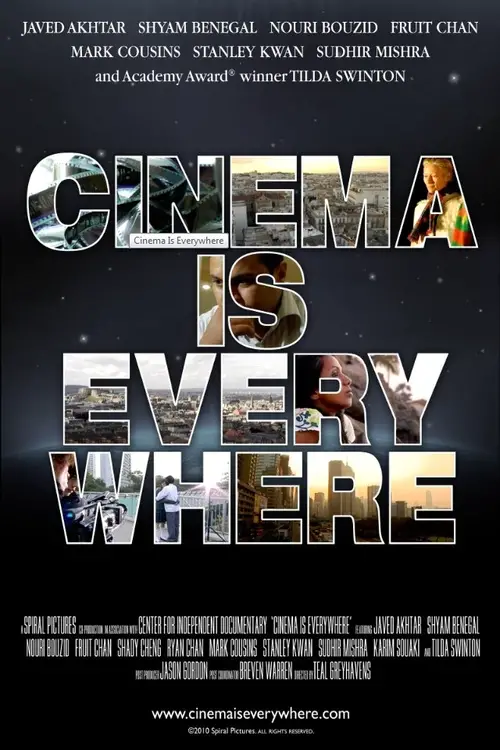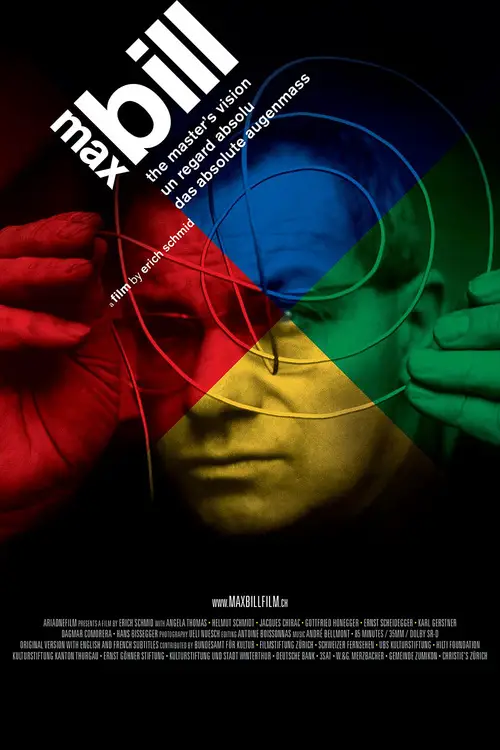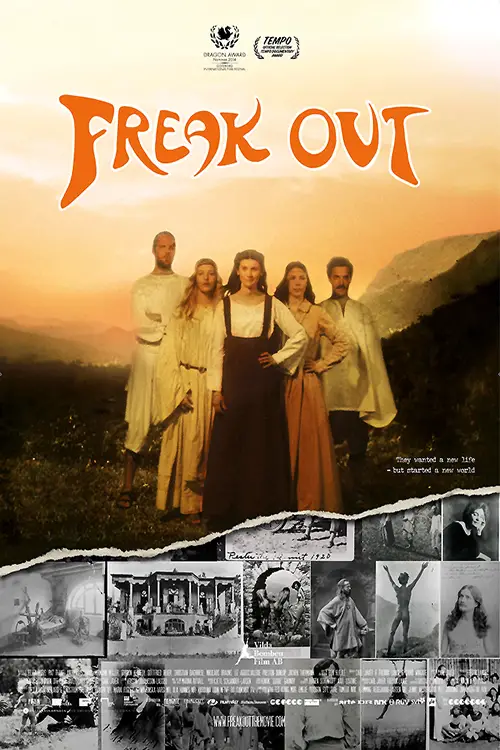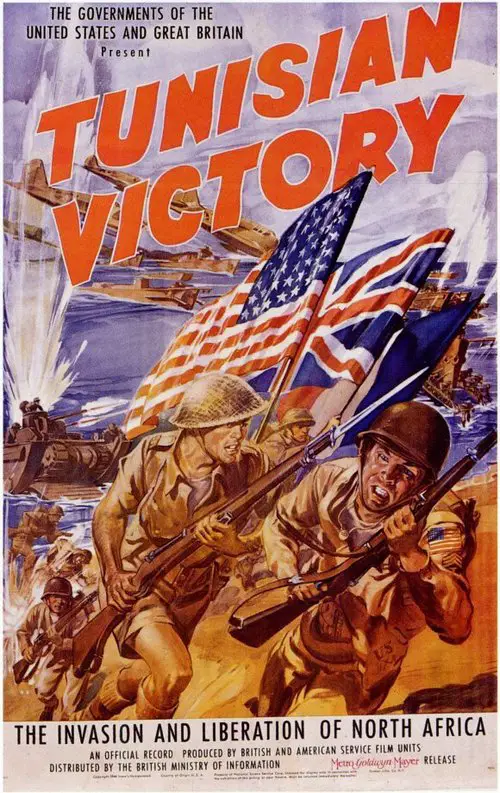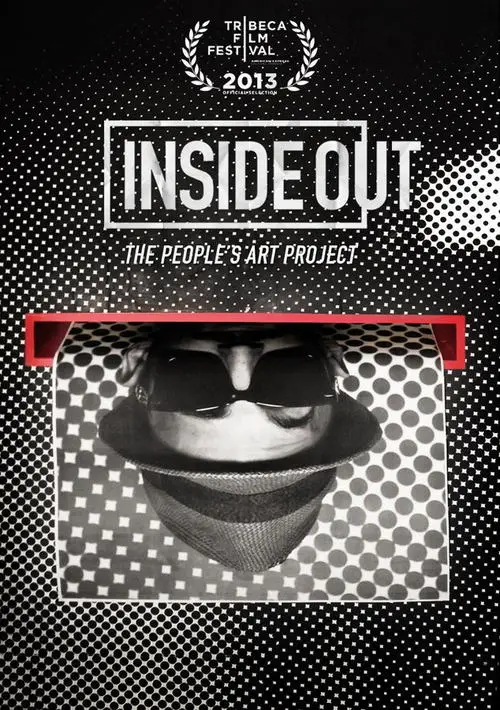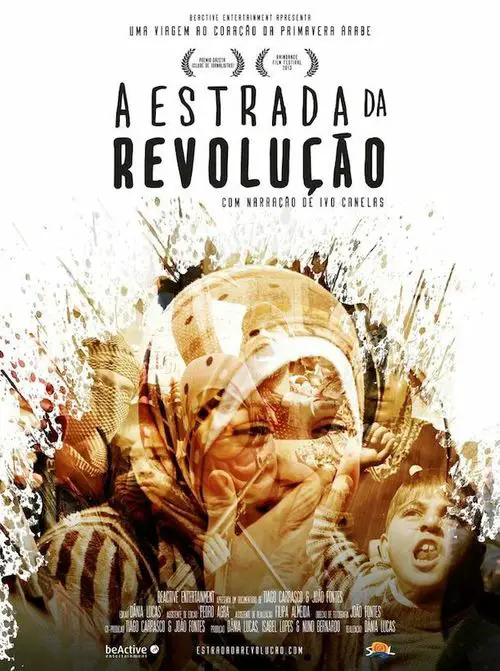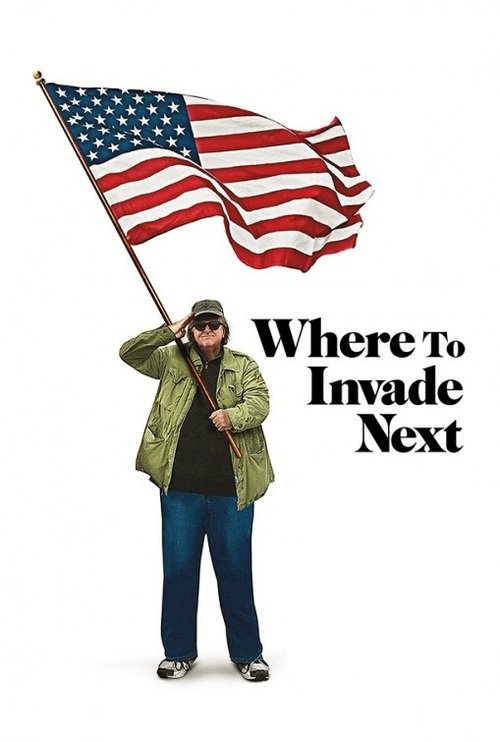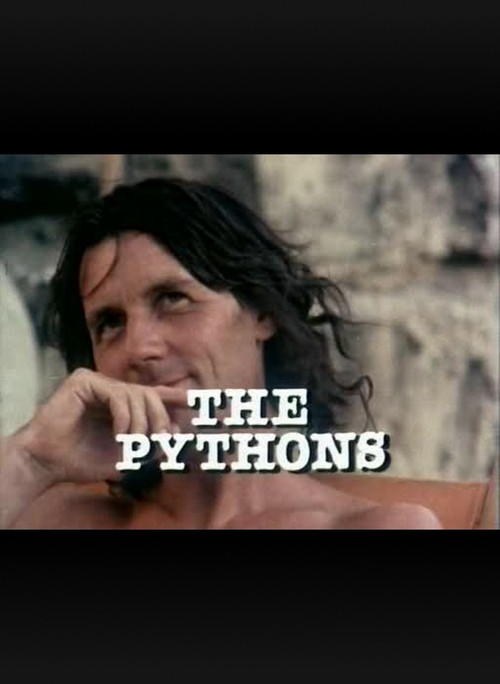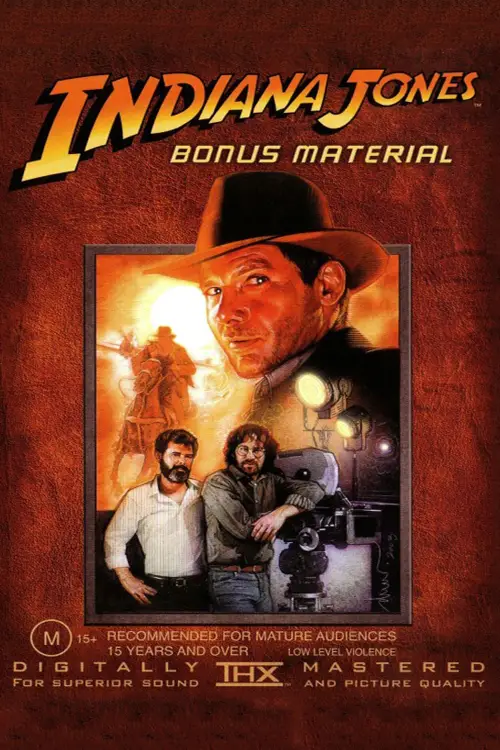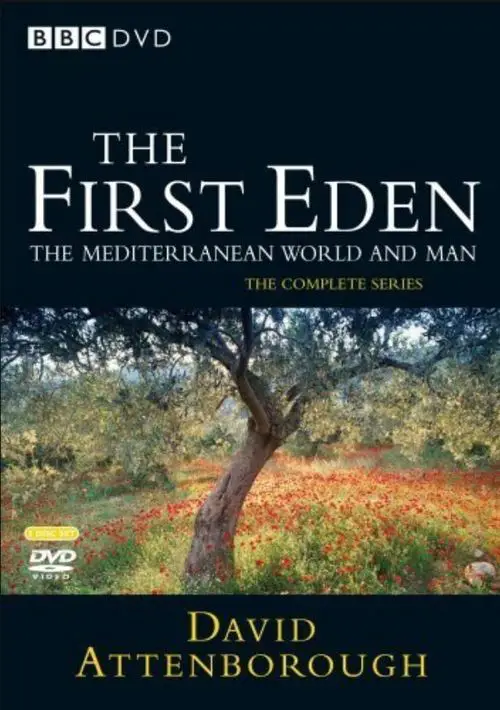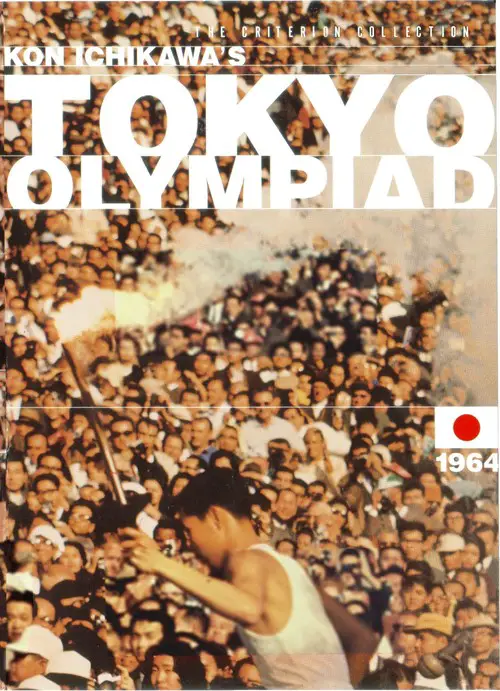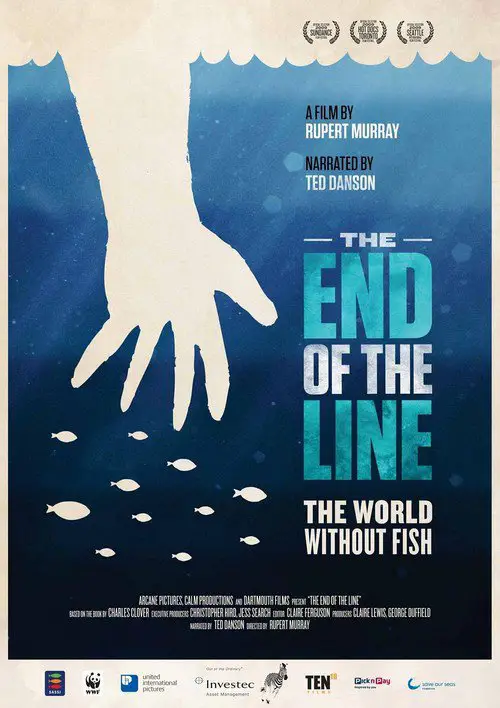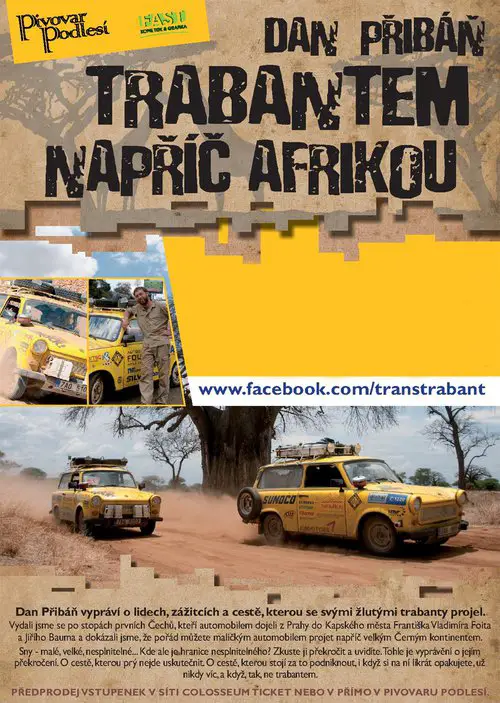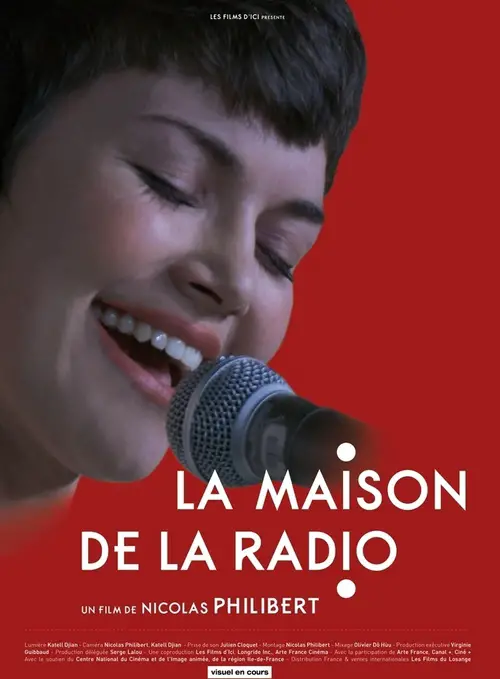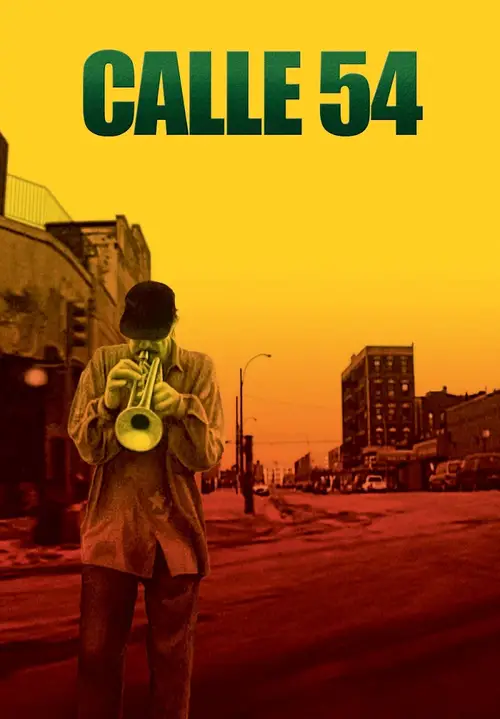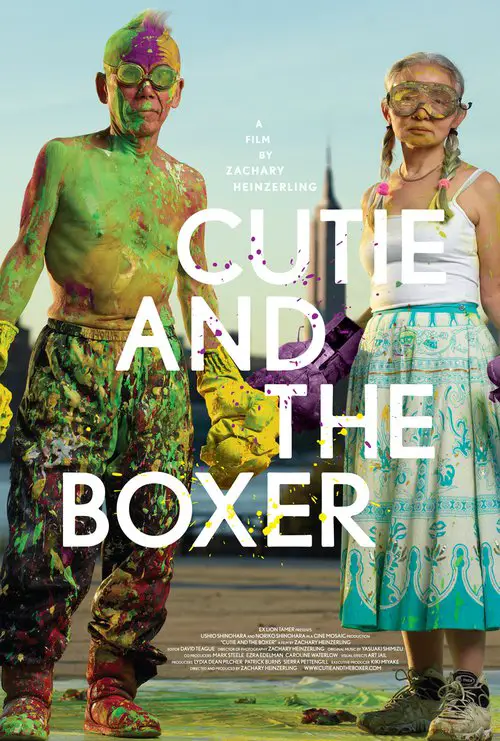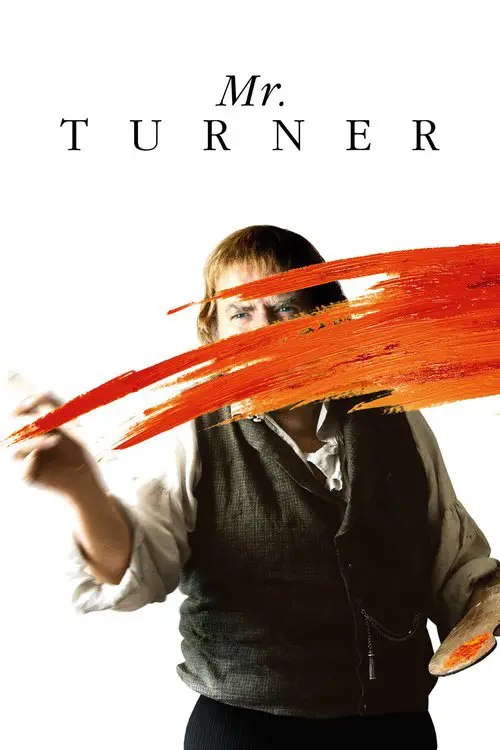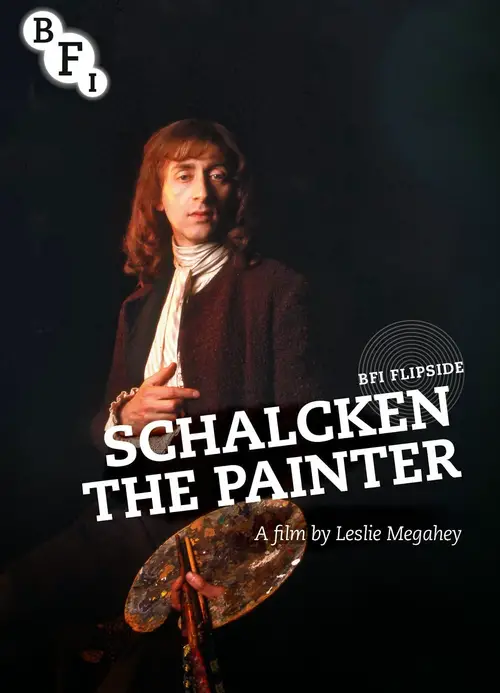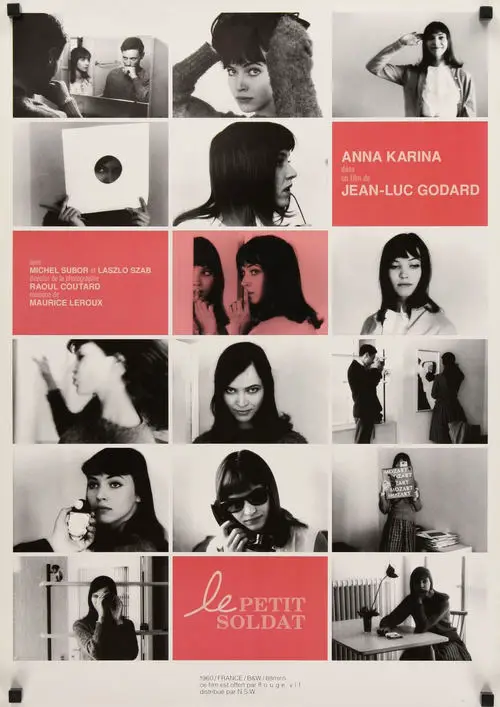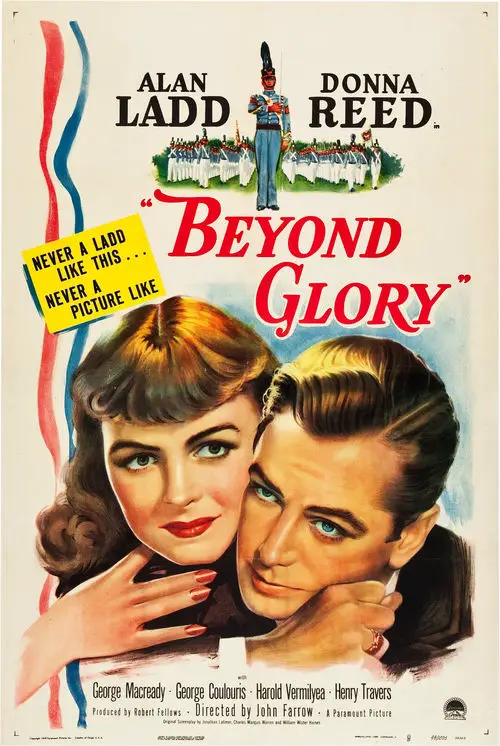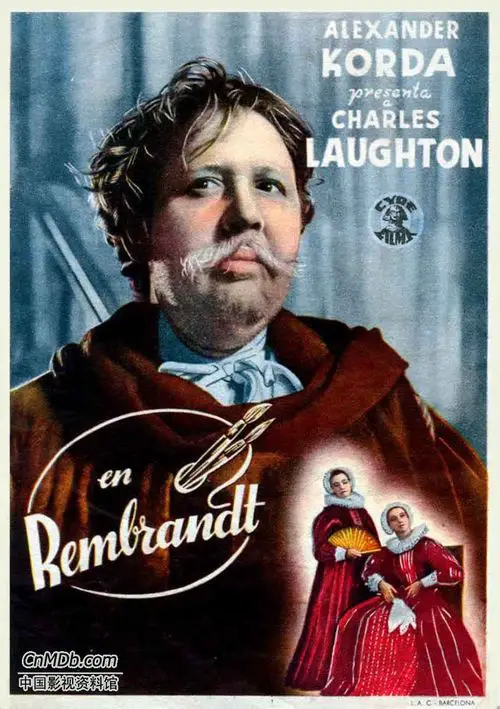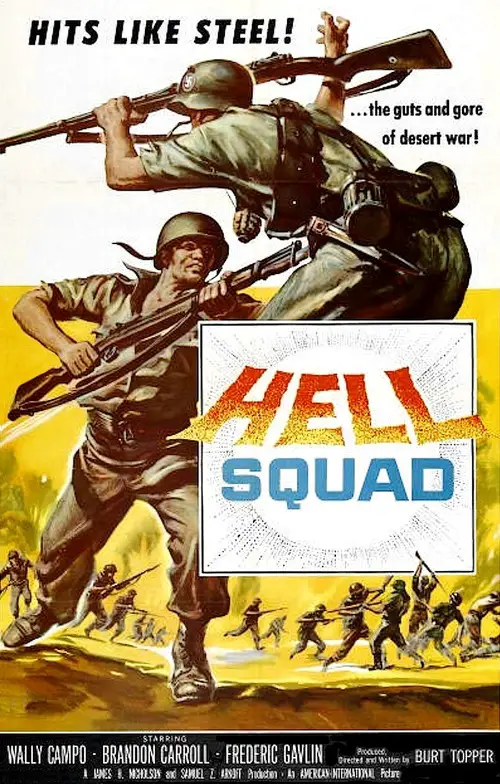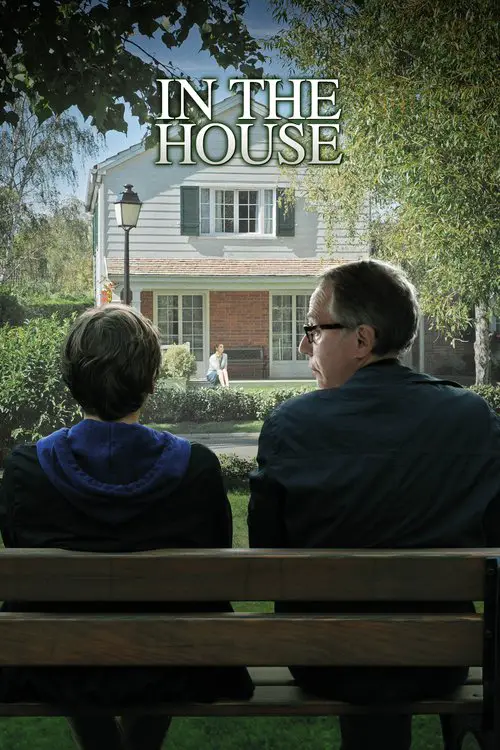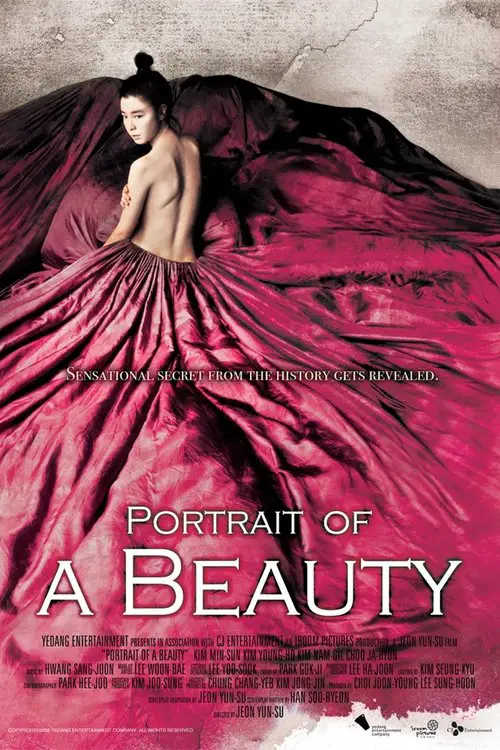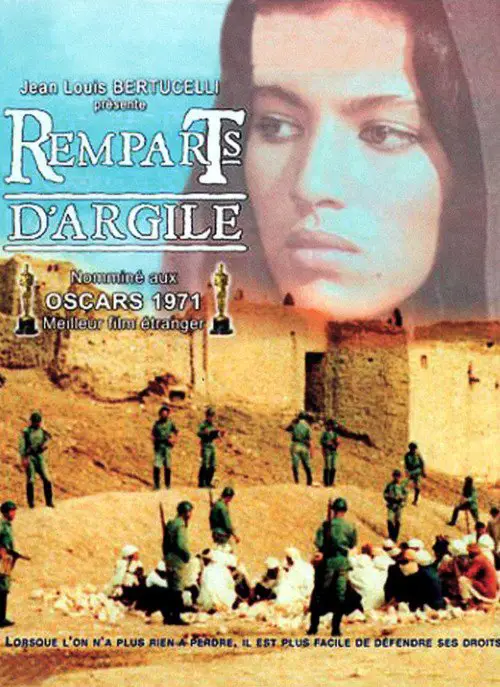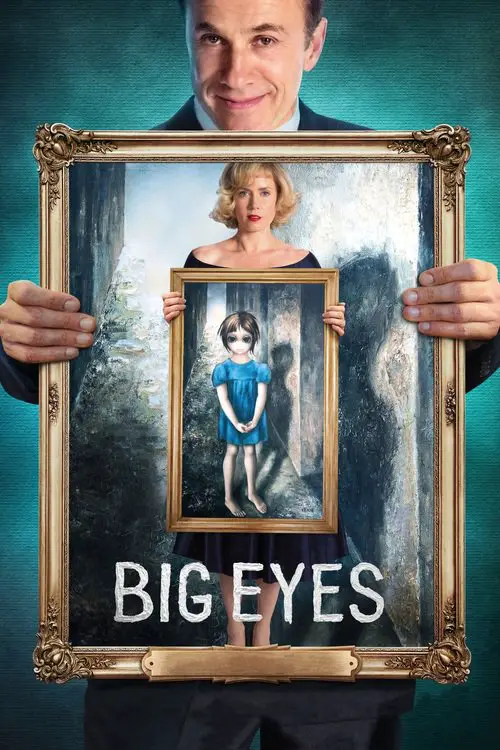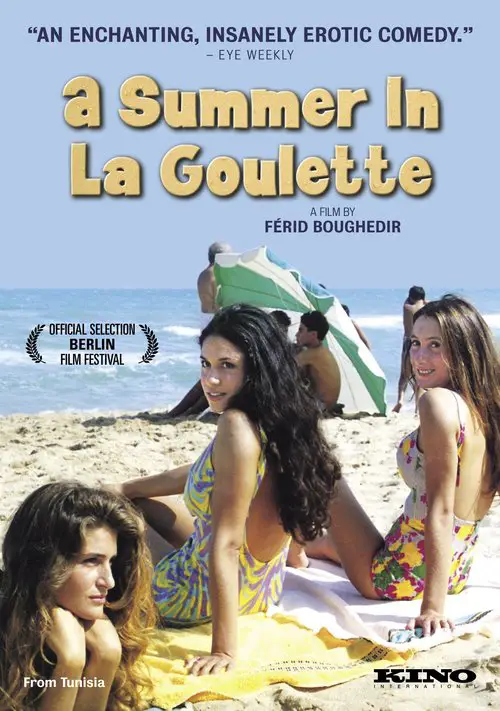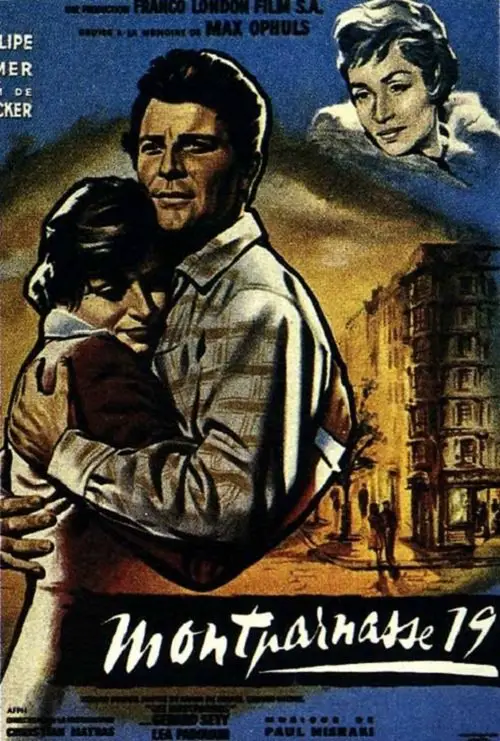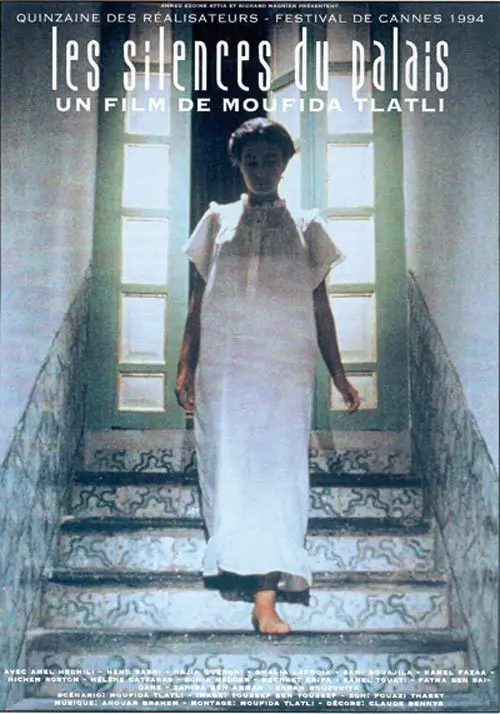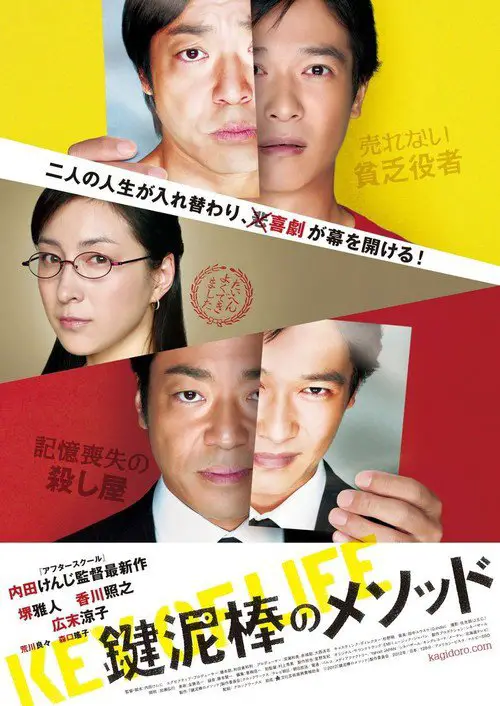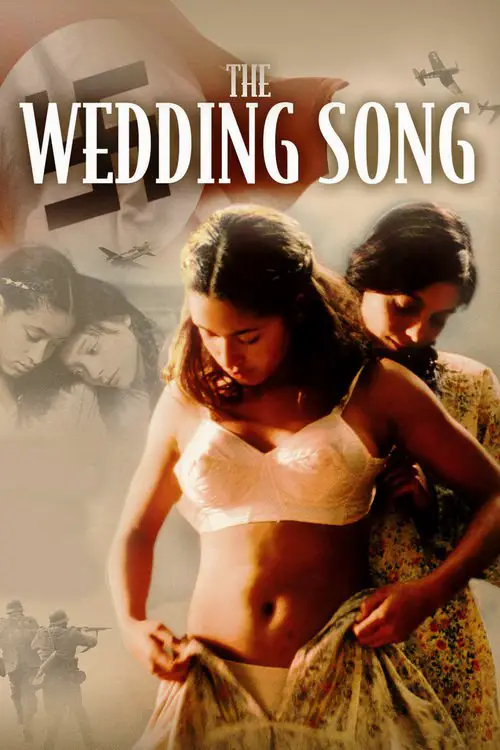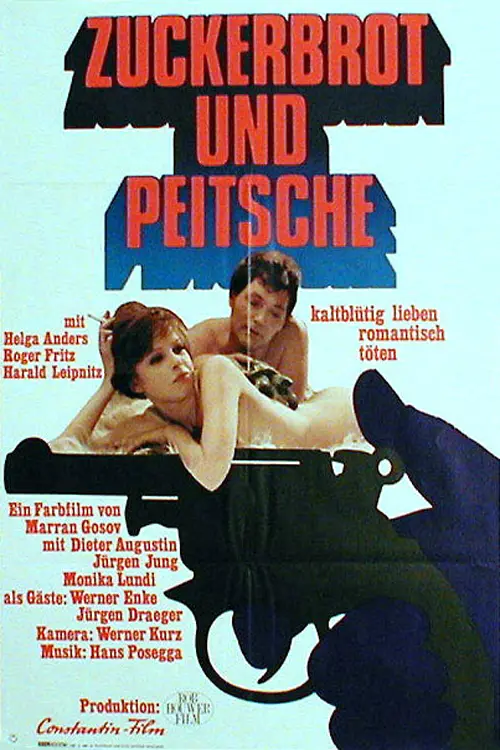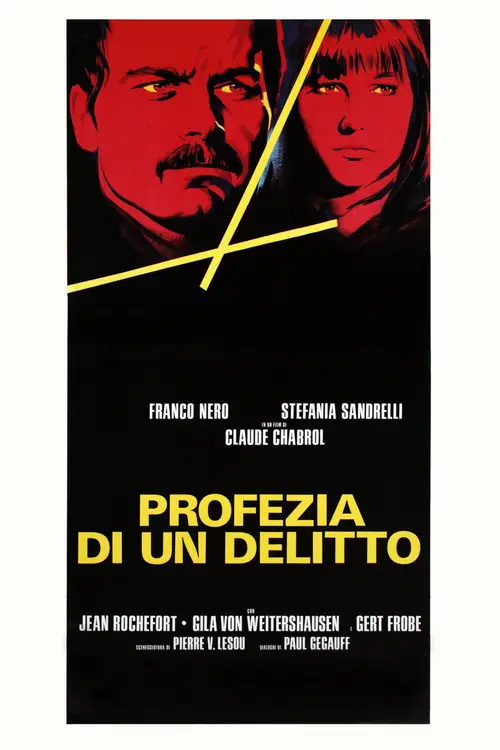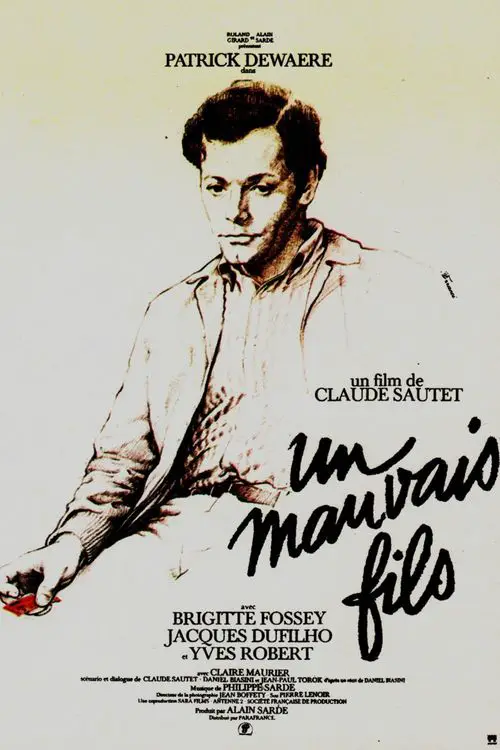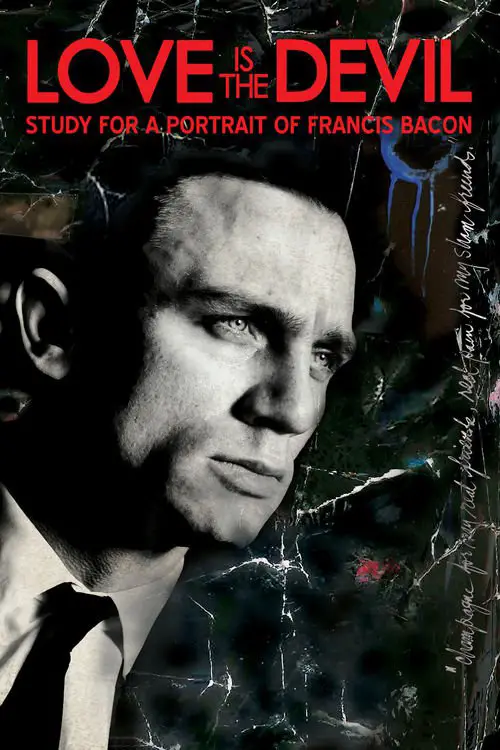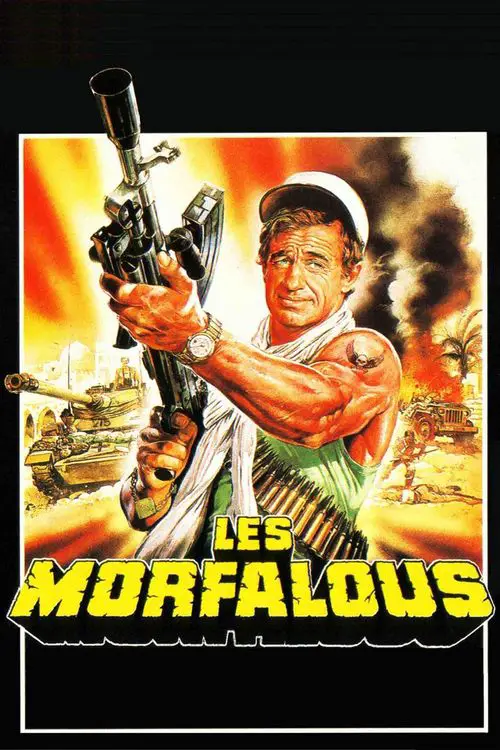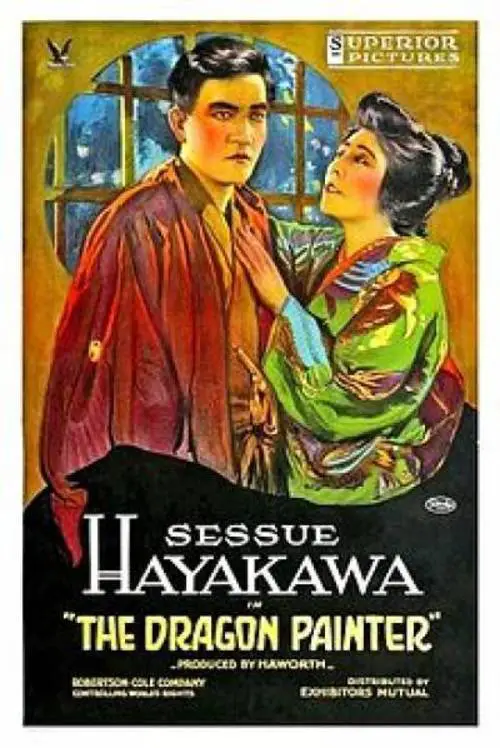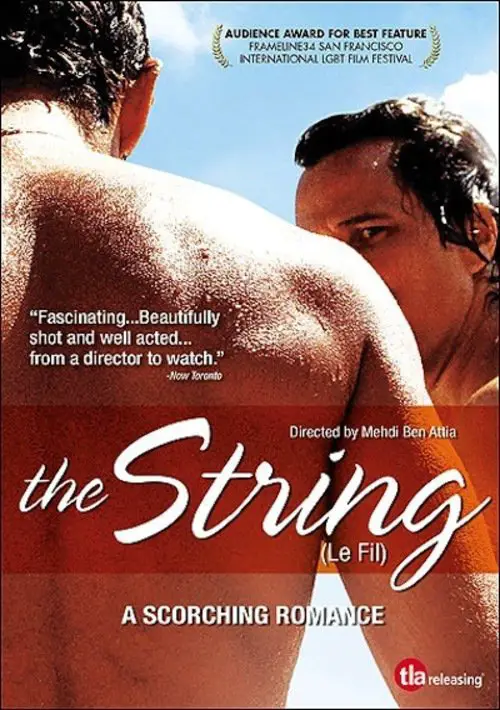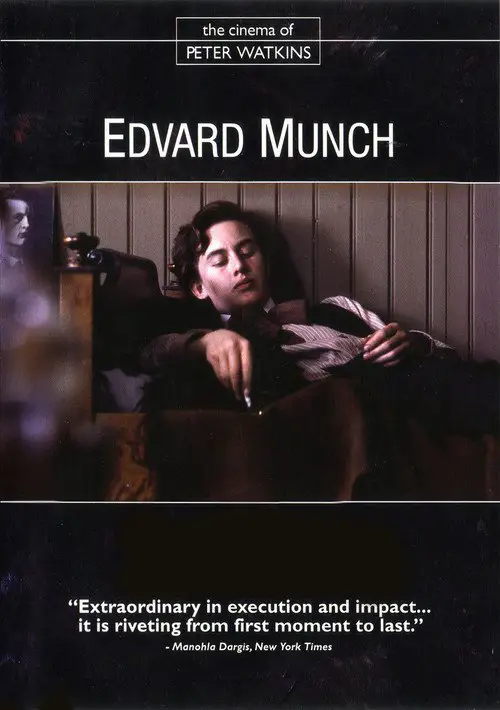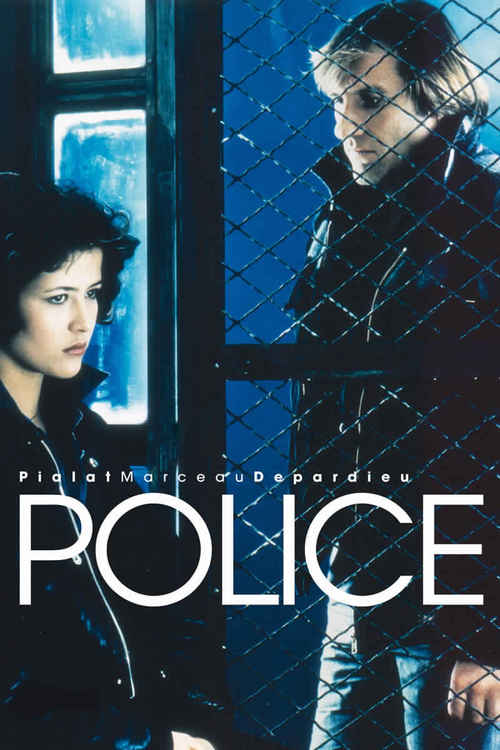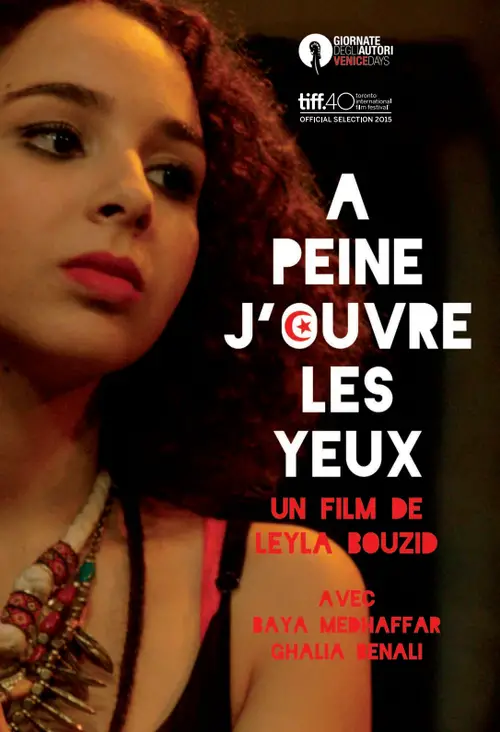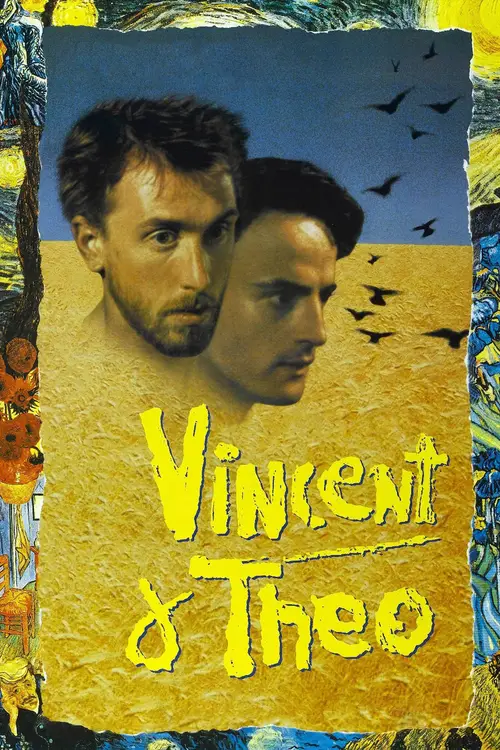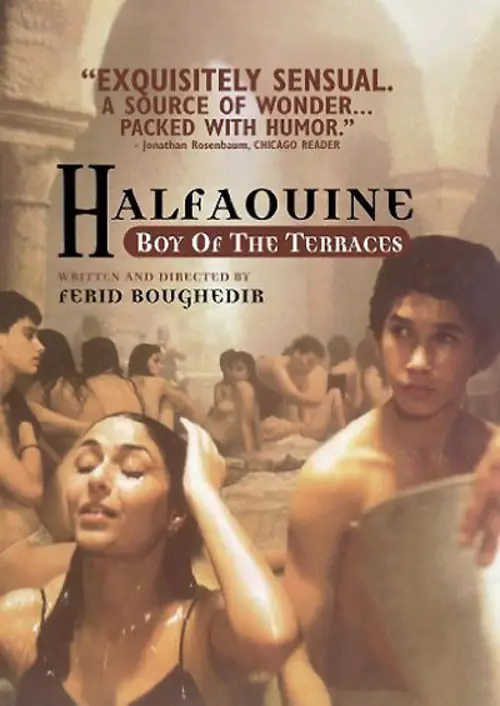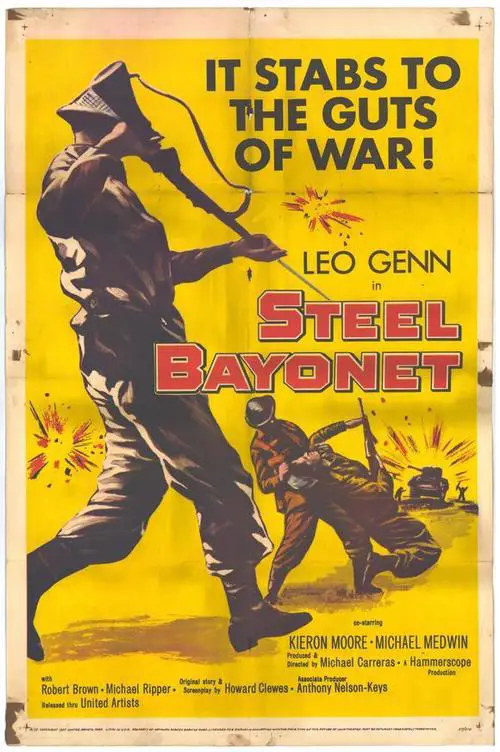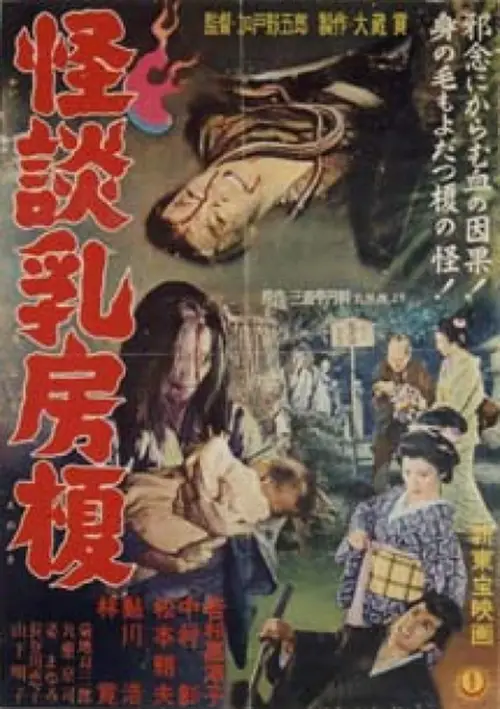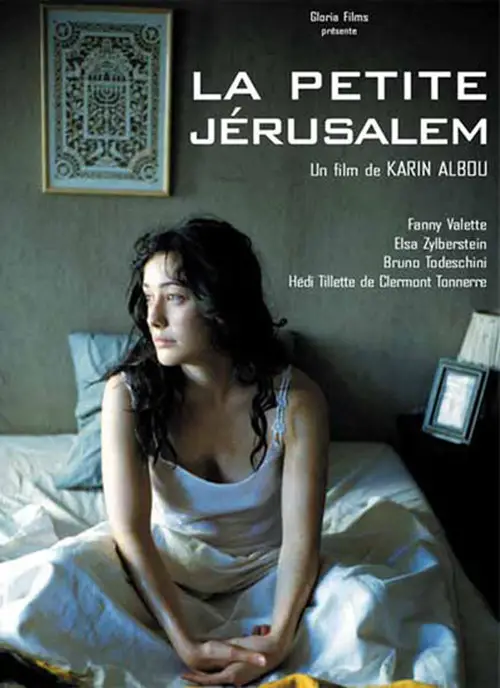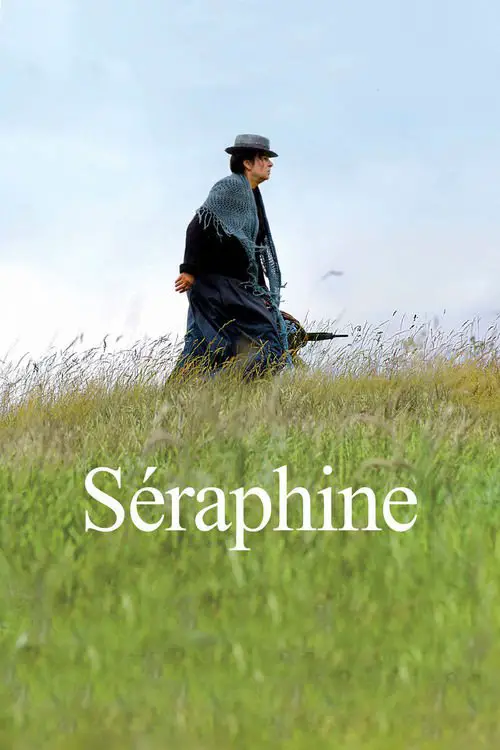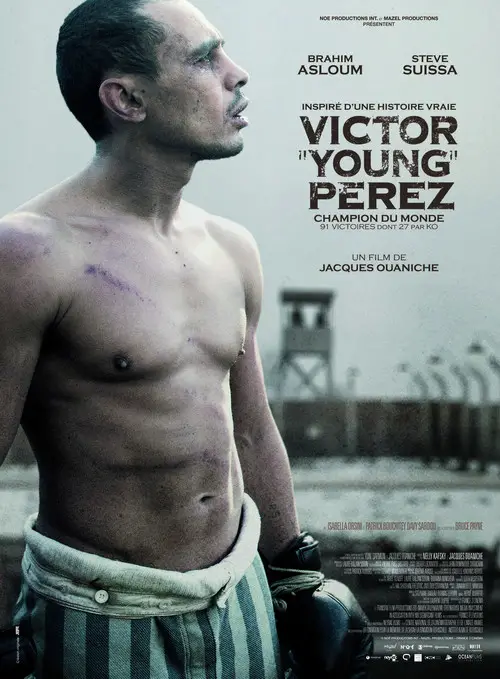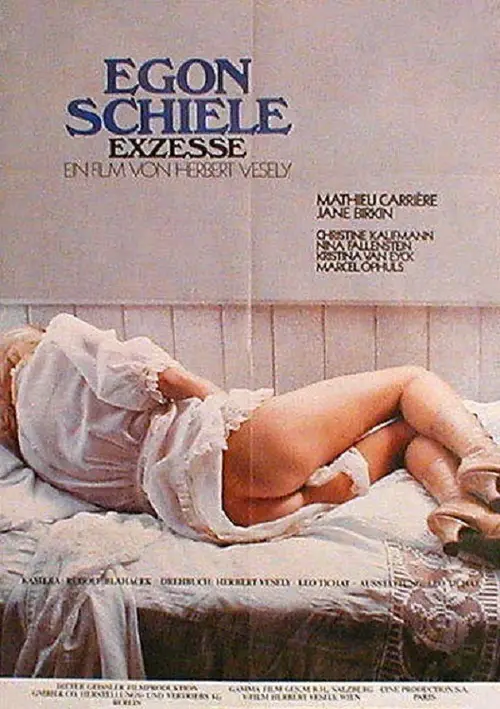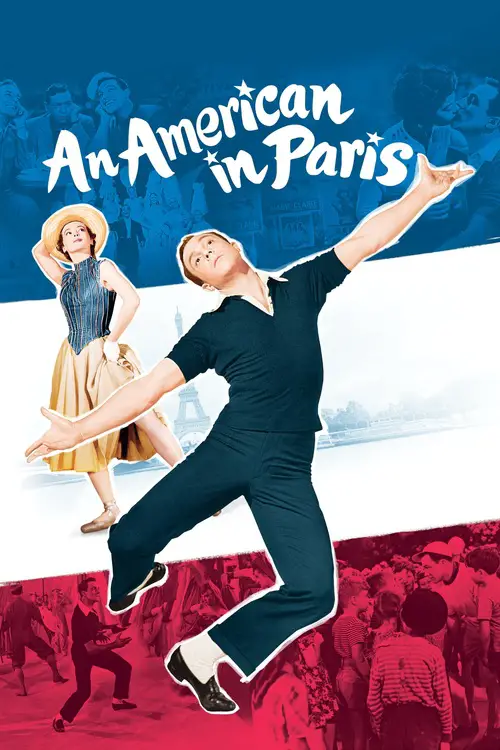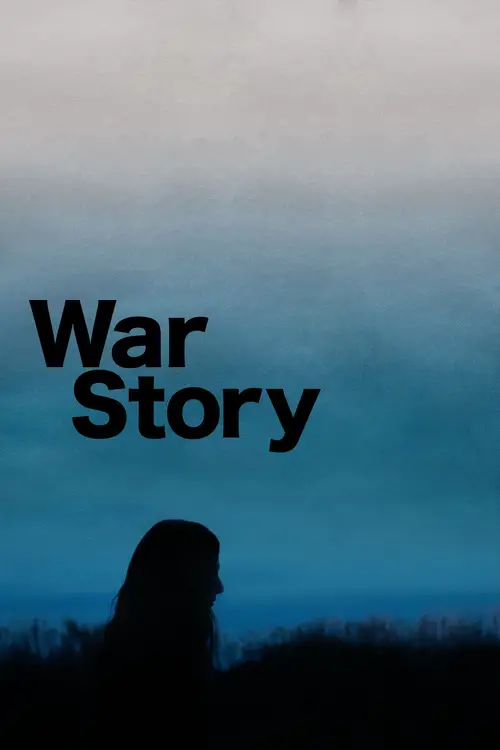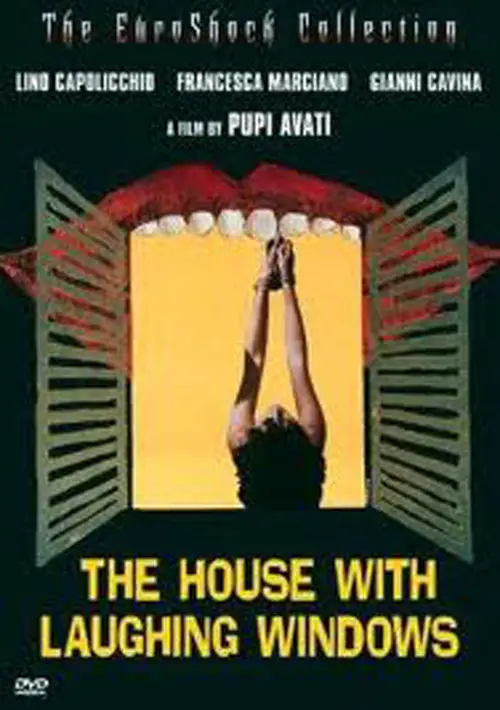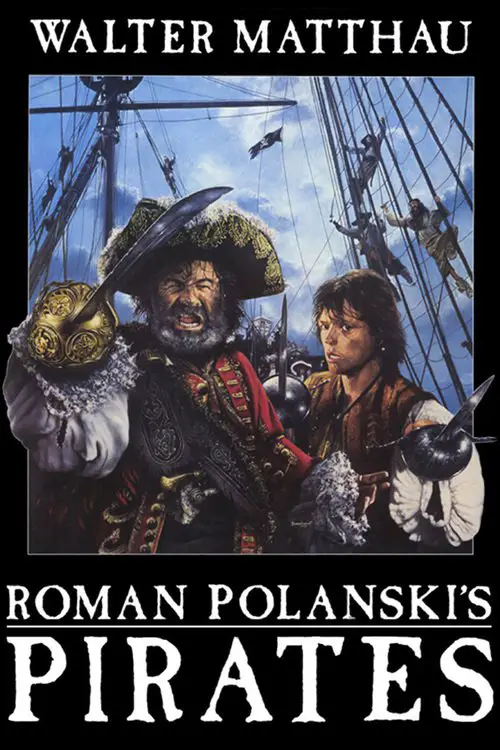The Trip To Tunis (2007)
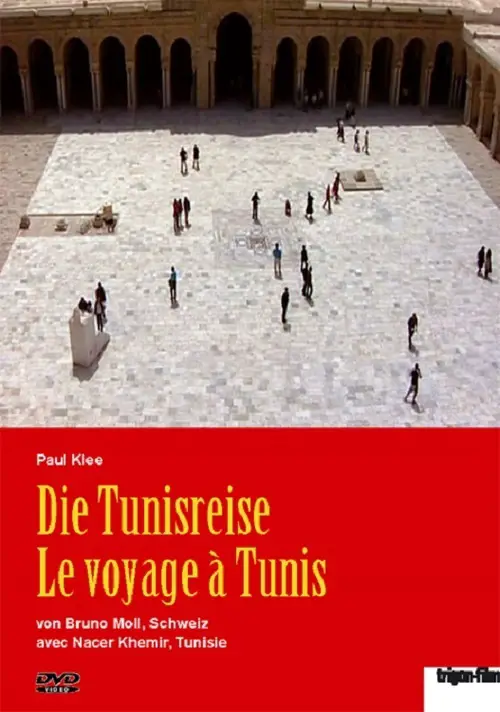
Similar movies
The husband-and-wife team of Charles and Ray Eames were America's most influential and important industrial designers. Admired for their creations and fascinating as individuals, they have risen to iconic status in American culture. 'Eames: The Architect & The Painter' draws from a treasure trove of archival material, as well as new interviews with friends, colleague, and experts to capture the personal story of Charles and Ray while placing them firmly in the context of their fascinating times.
A documentary feature film that ties four narratives - from China, India, Scotland, and Tunisia - together with countless insights from venerable filmmakers and ordinary moviegoers. An aspiring actress in Mumbai battles to break into Bollywood; two friends in Scotland take a mobile film festival across the highlands; a young crew in Hong Kong embarks on the shooting of its first film; a Tunisian director anxiously anticipates the premiere of his controversial film at a major festival. These stories are woven together with scenes from video stores, projection booths, studios, cinemas, and slums into a vivid meditation on the power of cinema to shape our world.
The film about Max Bill (1908-1994) moves between the dynamic fields of art, aesthetics and politics. Max Bill was probably the most important swiss artist of the 20th century and the most famous student to come out of the legendary Bauhaus in Dessau. He was an ardent anti-fascist and all his avant-garde work as an artist, sculptor, architect and typographer showed a social responsibility and environmental awareness right through his life. His views have become incredibly topical.
Long-haired, barefoot people. Free love! Veganism! Experiments with drugs... The sixties, right? Not quite. In 1900 a group of middle class kids revolted against their time and started the original alternative community - Monte Verità , the mountain of truth. A community based on veganism, feminism, pacifism and free love. This creative documentary mixes interviews, archive and animation in a beautiful combination bringing you straight back to the early 1900 as seen through the eyes of these young radicals. The documentary Freak Out tells the untold story of the birth of the alternative movement and unfold the uncanny similarities between our time and what they revolted against in the early 1900s.
Inside Out is a film about the French artist JR giving away his method and the inspiring stories that follow that. JR wins the TED Prize 2011. He gives his prize (the wish to 'turn the world Inside Out') and his art back to the people, creating a global participatory art project inviting people to stand up for what they care about through the power of their own image. From Tunisia to Haiti, North Dakota to Pakistan, the film follows individuals and communities pasting their portraits in the streets. Now they don't just see art, they make it.
Road to Revolution follows the journey of three Portuguese journalists who travel through Tunisia, Syria, Egypt and Libya, two years after the uprising that became known as the Arab Spring. There they meet the men and women who have experienced the consequences of revolution first-hand. From the bold resisters of Egypt's Tahrir Square to Syrian refugees, freedom fighters and the mothers of Libyan martyrs, Road to Revolution captures the voices of ordinary people caught up in extraordinary events, standing as an honest and intimate testimony of past, present and future.
Kon Ichikawa documents the 1964 Summer Olympics in Tokyo. Like Leni Riefenstahl's Olympia, which documented the 1936 Summer Olympics in Berlin, Ichikawa's film was considered a milestone in documentary filmmaking. However, Tokyo Olympiad keeps its focus more on the atmosphere of the games and the human side of the athletes instead of concentrating only on the winners and the results.
Imagine an ocean without fish. Imagine your meals without seafood. Imagine the global consequences. This is the future if we do not stop, think and act.In the film we see firsthand the effects of our global love affair with fish as food.It examines the imminent extinction of bluefin tuna, brought on by increasing western demand for sushi; the impact on marine life resulting in huge overpopulation of jellyfish; and the profound implications of a future world with no fish that would bring certain mass starvation.Filmed over two years, The End of the Line follows the investigative reporter Charles Clover as he confronts politicians and celebrity restaurateurs, who exhibit little regard for the damage they are doing to the oceans.Filmed across the world â from the Straits of Gibraltar to the coasts of Senegal and Alaska to the Tokyo fish market â featuring top scientists, indigenous fishermen and fisheries enforcement officials, The End of the Line is a wake-up call to the world.
Making a film about a radio station doesnât sound like the most visually compelling of projects. How many takes do you need before the acoustic transition from the opening to the closing of a door is perfect or the reader's voice correctly modulated? Nicolas Philibert has accepted the challenge to portray that which cannot be seen. Shouldering his camera, he spent half a year wandering the endless corridors of Radio Franceâs âround houseâ on the banks of the Seine where he filmed people who dedicate themselves utterly and meticulously to their work.
During the Algerian war for independence from France, a young Frenchman living in Geneva who belongs to a right-wing terrorist group and a young woman who belongs to a left-wing terrorist group meet and fall in love. Complications ensue when the man is suspected by the members of his terrorist group of being a double agent.
This film, adapted from a work of fiction by author Tracy Chevalier, tells a story about the events surrounding the creation of the painting "Girl With A Pearl Earring" by 17th century Dutch master Johannes Vermeer. A young peasant maid working in the house of painter Johannes Vermeer becomes his talented assistant and the model for one of his most famous works.
Thinking he may have caused the death of his commanding officer Captain Daniels in Tunisia, Rocky visits Daniels' widow. She falls for him, he falls for her, she encourages him to go to West Point. While there he faces serious disciplinary review for having forced a plebe into resigning. He may even be court-martialled.
This character study joins the painter at the height of his fame in 1642, when his adored wife suddenly dies and his work takes a dark, sardonic turn that offends his patrons. By 1656, he is bankrupt but consoles himself with the company of pretty maid Hendrickje, whom he's unable to marry. Their relationship brings ostracism but also some measure of happiness. The final scenes find him in his last year, 1669, physically enfeebled but his spirit undimmed.
During World War II, a squad of five American soldiers become lost in Tunisia and are killed one by one in fights with German units. Finally only one man, Private Russo, is left, in the midst of a mine field, together with a German officer, locked in a stalemate. Russo has water, while the German claims to have a map revealing the mine positions. So Russo agrees to swap water for the map, but the German officer tries to double-cross him. This was Burt Topper's debut film, made on 16mm on weekends together with some friends in Indio, California. It was also Wally Campo's debut film, as well as script supervisor Joyce King's.
A sixteen-year-old boy insinuates himself into the house of a fellow student from his literature class and writes about it in essays for his French teacher. Faced with this gifted and unusual pupil, the teacher rediscovers his enthusiasm for his work, but the boyâs intrusion will unleash a series of uncontrollable events.
In 1962, change comes to a Tunisian village on the edge of the Sahara. An entrepreneur sets up a salt mine, hiring village men. When he pays only half the wages agreed upon, they sit down in a field of rocks. The boss calls the army, who encircle the strikers. The women watch, sacrifice a sheep, pray, ululate. During the second night, a young woman hides the bucket and rope of the town's well to keep water from the army. The strike galvanizes her: she's learning to read and has studied a city woman who visits the village. Now, as she removes her traditional dress and rejects a ritual to cast out her new rebellious spirit, will she gain independence as did Tunisia and the strikers?
Summer, 1967. La Goulette, the touristic beach of Tunisi, is the site where three nice seventeen-year-old girls live: Gigi, sicilian and catholic; Meriem, Tunisian and Arab; Tina, French and Jewish. They would like to have their first sexual experience during that summer, challenging their families. Their fathers, Youssef, Jojo and Giuseppe, are old friends and their friendship will be in crisis because of the girls, while Hadj, an old rich Arab, would like to marry Meriem.
Biographic film chronicling the last year of the life of the Italian painter Amedeo Modigliani, 1919, who falls in love with a girl from a wealthy family. Her parents are against this relationship and stop financial help. Modigliani worked and died in abject poverty in the Montparnasse Quarter of Paris, France.
Unemployed 35 year old Sakurai aspired to become an actor, but failed miserably. He decides to end his own life, but first he goes to purify himself at a public bathhouse. While there, he meets the very prosperous Kondo, who subsequently suffers a fall, erasing his memory. On a whim, Sakurai switches locker keys, steals the man's belongings, and decides to pass himself off as Kondo. What Sakurai does not know is that Kondo runs an illegal business, which brings him into contact with ornery Yakuza members. Meanwhile, Kondo has been convinced that he is actually the failed actor Sakurai and he faces the dismal reality of that life with increasing bewilderment. Fortunately, at the hospital he meets the lovely Kanae who, while yearning for marriage, goes out of her way to help "Sakurai" pull himself together. Eventually Kondo regains his memory, but before he can make a new life with Kanae, he has to solve the many problems caused by the theft of his identity.
April 5, 1943: a battalion of the Foreign Legion arrives in El Ksour, Tunisia, to escort a fortune in gold bars to the home front. A German ambush awaits, and all but four die. Thanks to the street smarts of Sergeant Augagneur, the Legionnaires successfully counter attack. The bank manager and his seductive wife arrive, and so does a German lieutenant, whom the French arrest. Augagneur wants to steal the gold; warrant officer Mahuzard wants to do his duty. A series of alliances form and break apart, the group dwindles in number, and the gold heads south toward Betahoua. But in whose possession?
Malik has a lot on his plate when he returns home to Tunisia after living in France. He's processing his father's death, he can't come out to his mother, and his childhood anxieties have resurfaced. But all of Malik's problems seem to fade away when he falls for Bilal, the dreamy houseboy at his mother's bourgeois estate. Written by Outfest Film Festival
A biographical film about the Norwegian Expressionist painter Edvard Munch. It was originally created as a three-part miniseries co-produced by the Norwegian and Swedish state television networks, but subsequently gained an American theatrical release in a three-hour version in 1976. The film covers about thirty years of Munch's life, focusing on the influences that shaped his art, particularly the prevalence of disease and death in his family and his youthful affair with a married woman.
Mangin, a police inspector in Paris, leans hard on informants to get evidence on three Tunisian brothers who traffic in drugs. He arrests one, Simon, and his girl-friend Noria. Simon's brothers go to their lawyer. He springs Noria, who promptly steals 2 million francs that belong to the Tunisians. They suspect her of the theft; her life as well as the lawyer's is in danger. Meanwhile, Noria is playing with both the lawyer and Mangin's affections. Mangin is mercurial anyway: intimidating and bloodying suspects, falling for a police commission trainee before flipping for Noria, wearing his emotions on his sleeve. Can he save the lawyer and Noria, and can he convince her to love?
Tunis, summer 2010, a few months before the Revolution: Farah, 18 years old, has just graduated and her family already sees her as a future doctor. But she doesn't have the same idea. She sings in a political rock band, has a passion for life, gets drunk, discovers love and her city by night against the wishes of her mother Hayet, who knows Tunisia and its dangers all too well.
Twelve-year-old Noura dangles uncertainly in that difficult netherworld between childhood and adulthood. His growing libido has gotten him banned from the women's baths, where his mother took him when he was younger, but he's not yet old enough to participate in grown-up discussions with the men of his Tunisian village. Noura's only real friend is a troublemaker named Salih -- the village political outcast.
Tunis, 1943. Battle-weary troops of Company C have orders to occupy a derelict Tunisian farmhouse. They are to establish an artillery observation post, reporting on enemy movements before the imminent offensive to liberate Tunis. However German infantrymen discover their operations. The ensuing battle for control of this small piece of land will decide who controls Tunis but more critically, the victors in the battle of democracy versus fascism.
Painter is leaving for awhile his family to paint dragons in rich man's house. Lonely ruthless samurai fall in love with his wife and rape her. Samurai attack and kill all of painter's servants and drown them in lake. Ghosts of painters and servants return to world of living to take revenge on samurai and help newborn baby of painter to escape the death. Painter's ghost after revenge finished his dragons and disappeared. The story of this movie is typical for kaidan movies of that period but visually is very valuable product for all Japanese horror lovers.
The tragic story of French naïve painter Séraphine Louis aka Séraphine de Senlis (1864-1942), a humble servant who becomes a gifted self-taught painter. Discovered by prominent critic and collector William Uhde, she came to prominence between the wars grouped with other naïve painters like Henri Rouseau only to descend into madness and obscurity with the onset of Great Depression and World War II.
Victor Perez was a Jewish boxer who became world flyweight champion in 1931 and 1932, but was transported to Auschwitz concentration camp when Paris fell to the Nazi s in 1943. While there he was forced into slave labour and made to participate in violent boxing matches for the amusement of the Nazi guards. Surviving Auschwitz tells Victors astonishing, harrowing, brutal and incredibly moving true story.
Jerry Mulligan (Gene Kelly) is an exuberant American expatriate in Paris trying to make a reputation as a painter. His friend Adam (Oscar Levant) is a struggling concert pianist who's a long time associate of a famous French singer, Henri Baurel (Georges Guétary). A lonely society woman, Milo Roberts (Nina Foch) takes Jerry under her wing and supports him, but is interested in more than his art.
Lee is a world-weary American woman who arrives in an Italian city. Her tangles with hotel staff, incessant smoking and her disregard of the persistently ringing telephone hint at her volatility brewing beneath the surface. Between fitful naps, she wanders the streets, snapping pictures of refugees as if her camera were both weapon and olive branch. Struggling to confront her demons, Lee resolves to help a beautiful young woman in need.
Stefano, a young restorer is commissioned to save a fresco representing the suffering of St. Sebastiano. The fresco painter was Legnani, and the fresco is his last work. Legnani apparently was mentally disturbed. He was used to paint people close to die or in agony. These facts together with the strange atmosphere that surround this village near Ferrara, in the north of Italy, contribute to put Stefano in a nightmare reality. Soon reality will change into horror.
Captain Red runs a hardy pirate ship with the able assistance of Frog, a dashing young French sailor. One day Capt. Red is captured and taken aboard a Spanish galleon, but thanks to his inventiveness, he raises the crew to mutiny, takes over the ship, and kidnaps the niece of the governor of Maracaibo. The question is, can he keep this pace up?
Paradise Found is a biography about the painter Paul Gauguin. Focusing on his personal conflict between citizen life and his family life and the art scene in Frane. In an incredible imagery montage Gauguin manages to make a successful living in the South Pacific, while being in opposition to France.
© Valossa 2015–2026
| Privacy Policy
